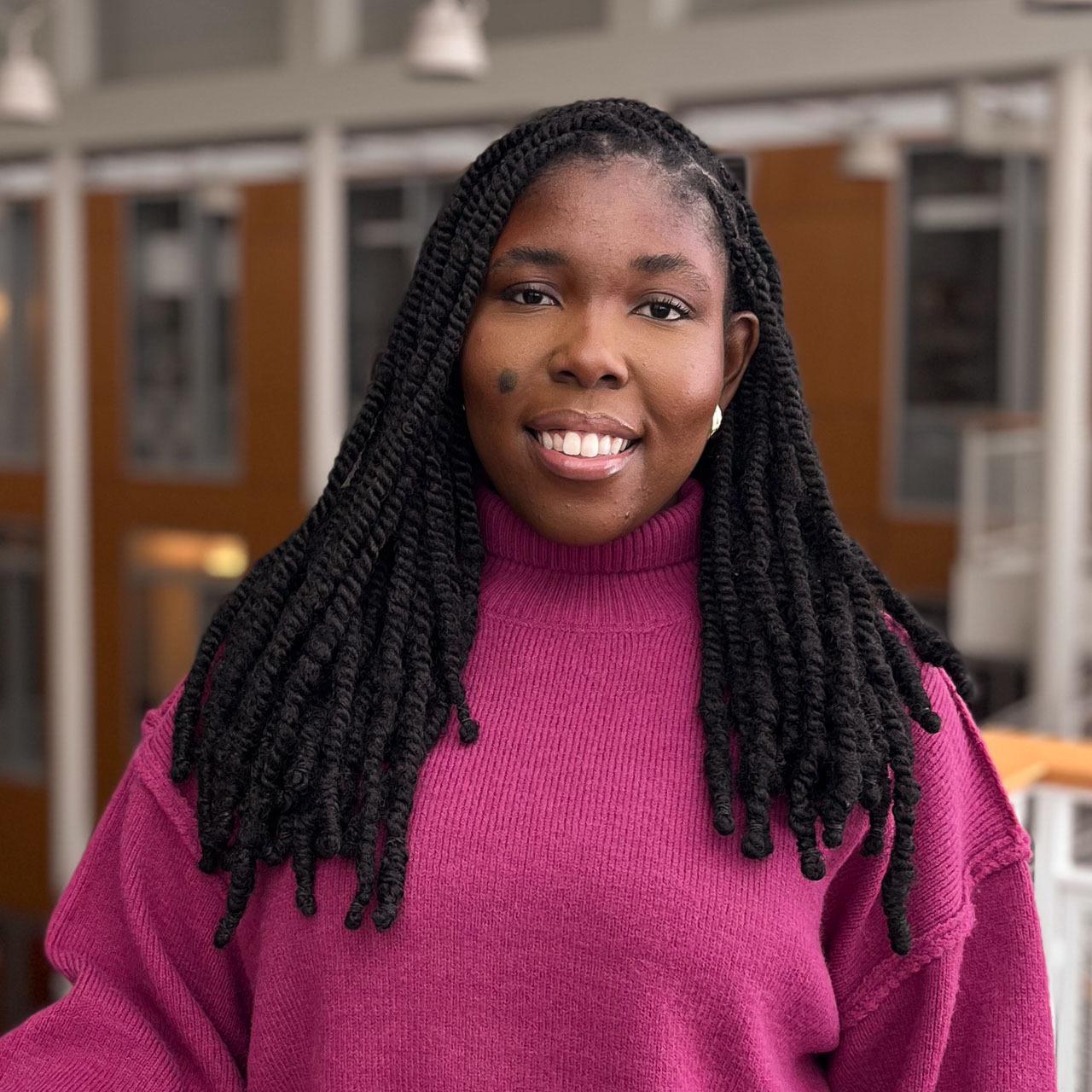The university has launched a search for the founding dean of the School of Public Policy, building excitement about the fledgling school that could formally start operations as soon as this fall.
“We can see the policy school on the horizon,” said Thomas Pepinsky, the Tisch University Professor of Government in the College of Arts and Sciences (A&S) and a member of the search committee. “We’ve done a lot of work to establish a vision for a coherent and excellent school, and the dean search is an important milestone for us.”
John Siliciano, deputy provost and professor of law, and Wendy Wolford, vice provost for international affairs and the Robert A. and Ruth E. Polson Professor of Global Development in the College of Agriculture and Life Sciences, co-chair the 13-member search committee. In addition to Pepinsky, its other members are:
- Rachel Dunifon, the Rebecca Q. and James C. Morgan Dean of the College of Human Ecology (CHE) and professor in the Department of Policy Analysis and Management;
- Jamila Michener, associate professor in the Department of Government (A&S) and co-director of the Cornell Center for Health Equity;
- Douglas Miller, professor and associate chair of the Department of Policy Analysis and Management (CHE);
- Kelly Musick, professor and chair of the Department of Policy Analysis and Management (CHE);
- Sean Nicholson, professor in the Department of Policy Analysis and Management (CHE) and director of the Sloan Program in Health Administration;
- Ted O’Donoghue, the Zubrow Professor of Economics (A&S);
- Rachel Beatty Riedl, the John S. Knight Professor of International Studies in the Department of Government (A&S) and director of the Mario Einaudi Center for International Studies;
- Paul Streeter, vice president for budget and planning;
- Laura Tach, associate professor and director of graduate studies in the Department of Policy Analysis and Management (CHE);
- Maureen Waller, professor in the Department of Policy Analysis and Management (CHE).
Search firm Isaacson Miller and Lisa Yager from the president’s office will assist the committee, which met for the first time Feb. 12.
Moving forward despite the pandemic, the dean search began just under a year after Provost Michael I. Kotlikoff announced plans to establish the public policy school, and to create or expand three multicollege “superdepartments” in economics, psychology and sociology. The announcement capped a multiyear review of how to elevate Cornell’s excellence and prominence in the social sciences.
The School of Public Policy represents the latest major transformation of Cornell’s academic structure, Siliciano said, following the establishment of Cornell Tech in 2012 and the Cornell SC Johnson College of Business in 2016 – all aiming to bring together and enhance strengths through more effective, integrated organizations.
The new school recognizes that policy research, teaching and engagement are in Cornell’s DNA, Wolford said, consistent with its land-grant mission. Policy-related work spans a broad range of faculty expertise, she said, but until now has lacked a central institutional home, resulting in untapped potential.
“The school will celebrate the strength of policy at Cornell and help to support it further,” Wolford said.
In the inaugural dean, Wolford and Siliciano said, the university is looking for a distinguished leader in their academic field with extensive experience working in policy and with policymakers – someone who embodies the work that will go on in the school and can help establish key connections or partnerships.
Since last summer, a separate committee co-chaired by Pepinsky and Maria Fitzpatrick, professor of policy analysis and management (CHE), associate vice provost for social sciences and director of the Cornell Institute for Public Affairs (CIPA), has been meeting weekly to hash out details ranging from faculty involvement and governance to academic initiatives, while laying out a vision for the school.
The committee has identified six existing areas of strength at Cornell that the school will build upon and elevate: health policy, human security, the politics and economics of development, inequality and social policy, data science and technology policy, and environmental and sustainability policy.
And the school is committed to building excellence in another critical area – race, racism and public policy. Those issues will be suffused throughout the curriculum from the outset, Pepinsky said, asking students to think explicitly about the role of race and racism in the policy process.
In addition, the committee has reached across the university to foster connections with departments and centers involved in policy-related work, from the Ann S. Bowers College of Computing and Information Science to the Cornell Atkinson Center for Sustainability.
“There is extraordinary policy-related work being done at Cornell,” Fitzpatrick said. “The founding dean will have the opportunity to help elevate existing work and build new initiatives as the school launches and evolves.”
The school’s founding faculty will consist of members of the Department of Policy Analysis and Management, some members of the Department of Government and a selection of faculty from across the university who engage directly with policy-related questions. For the near future, the school will be located in Martha Van Rennselaer Hall.
Core offerings are expected to include degrees in public policy at all levels, including the existing master’s degrees in health administration (Sloan) and public administration (CIPA), as well as an executive master’s and online certificate programs. Fitzpatrick and Pepinsky also anticipate development of new degree programs in areas such as data science and public policy.
Among the existing resources that the School of Public Policy will house are the Institute of Politics and Global Affairs, Cornell in Washington and Cornell in Albany, strengthening engagement with the national and New York state capitals and ties between campuses in Ithaca and New York City.
“This school is coming, it’s real, and the founding dean is going to play a vitally important role,” Pepinsky said. “We’ve got a vision and some plans to implement that we think will make it special.”






